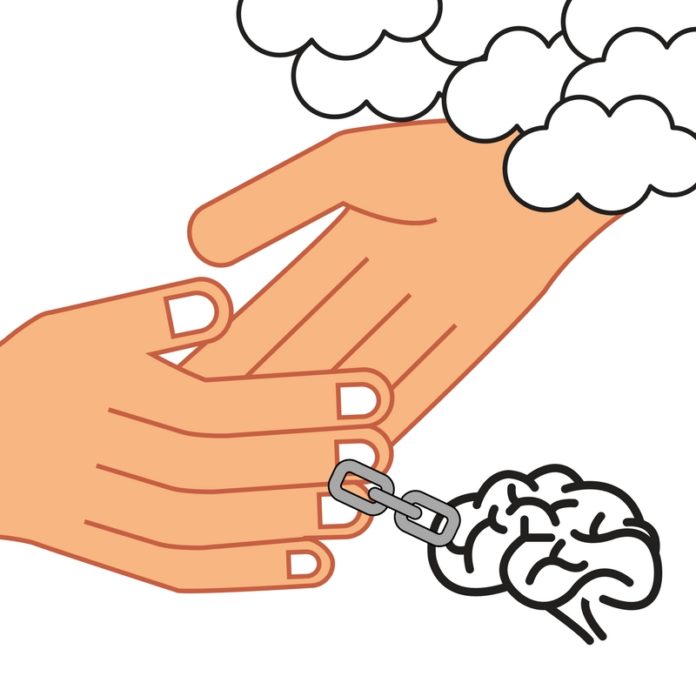
By Thomas Moran | Staff Writer
New research indicates that a strong attachment to God may lead to better mental health and wellbeing among the elderly.
Sociology Ph.D. candidate Blake Kent shared his findings in his published work, “Forgiveness, Attachment to God, and Mental Health Outcomes in Older U.S. Adults.”
Kent has been interested in sociology and health for many years, but honed in on what is called “attachment theory” when he enrolled at Baylor.
“Attachment theory says that your perception of God, whether you think that He is warm, loving and caring towards you or your perception of God is perhaps someone that is untrustworthy and distant … indicates how you experience other social relationships around you,” Kent said.
Motivated in part by his interest in attachment theory, Kent conducted research to better understand correlations between attachment to God and mental wellbeing.
He examined data gathered from 1500 elderly individuals across the nation. The study focused on white and black elderly populations, 750 black and 750 white subjects participated in the survey. Participants were offered surveys that examined several variables including their belief in God, perceptions about God’s nature, personal attachment to God, and more.
Results and responses were then compared to each subject’s life satisfaction, self-esteem and optimism as outcome variables in a “first wave.” The same subjects were then reevaluated three years later to see changes in mental wellbeing in a “second wave.”
Kent was unsurprised when he found that those who experienced a strong connection to God and perceived God as a kind and forgiving entity had good mental health during the first wave. When measured again for the second wave, these individuals exhibited an increase in mental health and wellbeing.
In both waves, individuals who reported average attachment to God or perceived God as a colder and less caring entity experienced significantly worse mental health than those that felt a strong connection to God. This might be attributed to comparison of one’s relationship with God to those of others’ or involvement in religious communities with large expectations for one’s relationship with God.
Subjects who had rejected God and looked to other things to account for their wellbeing demonstrated fairly good mental health in both waves, but lesser than those who felt a strong attachment to God.
Though there are many variables that might explain the results, Kent thinks that community and social networks are primary factors.
“People that are religious have access through churches to wide social networks of support and care, whereas people who have left the church tend to have a smaller set of social relationships they can rely on,” Kent said.
In his view, those with strong attachment to God are more likely to be involved in social groups that may benefit their mental wellbeing and increase their life satisfaction, self-esteem and optimism.
Kent highlighted that the study in no way presumed the existence of God. That is not the purpose of sociology, Kent said. Rather, the study examined the effects of a belief in God and an attachment to God, existent or non-existent. Kent mentioned the Thomas Theorem which states that what people perceive as real, is real in its consequences.
“Whether or not God exists, people perceive that God is real, people form identities and beliefs and belonging and behaviors,” Kent said. “So, it has real social consequences. We are looking at the real consequences based on their constructions of God.”
Denver, Colo. senior Hannah Lemieux said she found the results of the study fascinating, but, like Kent, not altogether surprising.
“I think belief in God and hope in the future later in life, especially when you start becoming old and you’re nearing the end, knowing and having peace in your heart that there is something to look forward to beyond just death and nothingness and despair is really important and contributes to the overall health and happiness of old people,” Lemiex said.
Sociology of religion is often concerned with examining belief, behavior, and belonging and his research aligned with that, Kent said.
Kent is planning to defend his dissertation in a few weeks.





